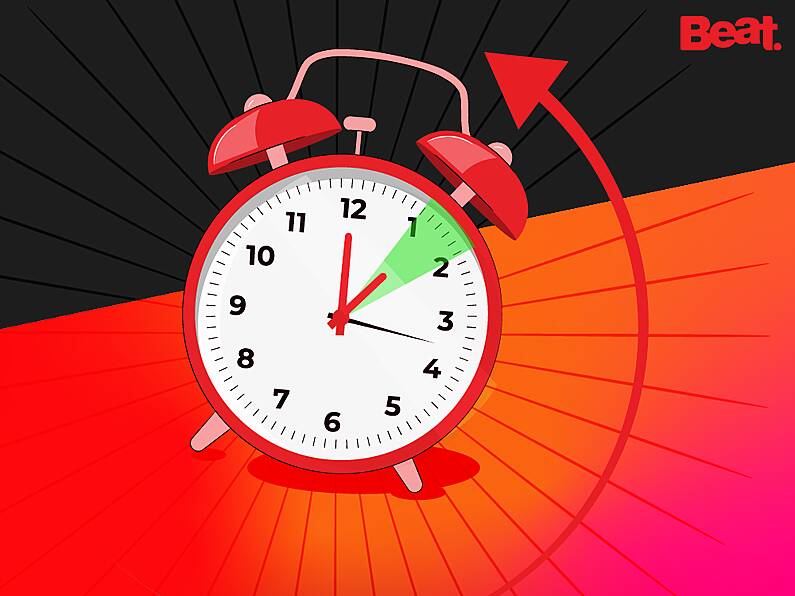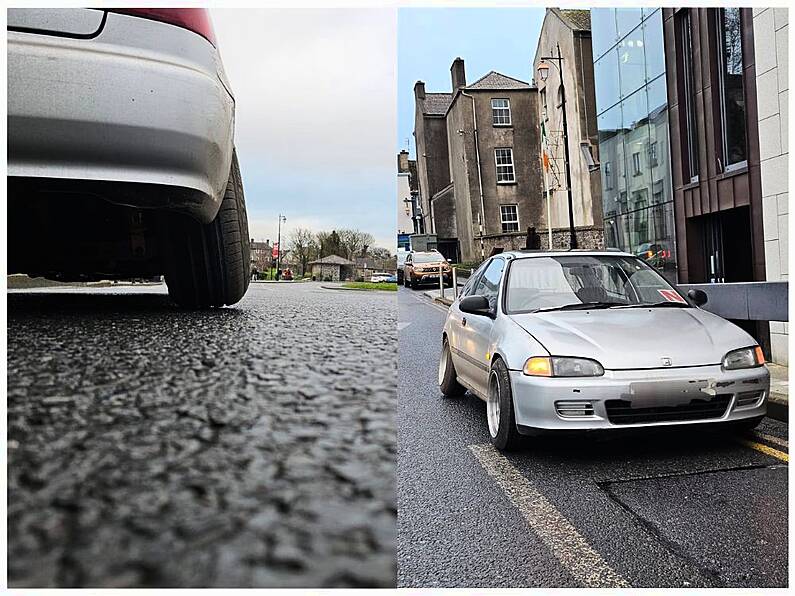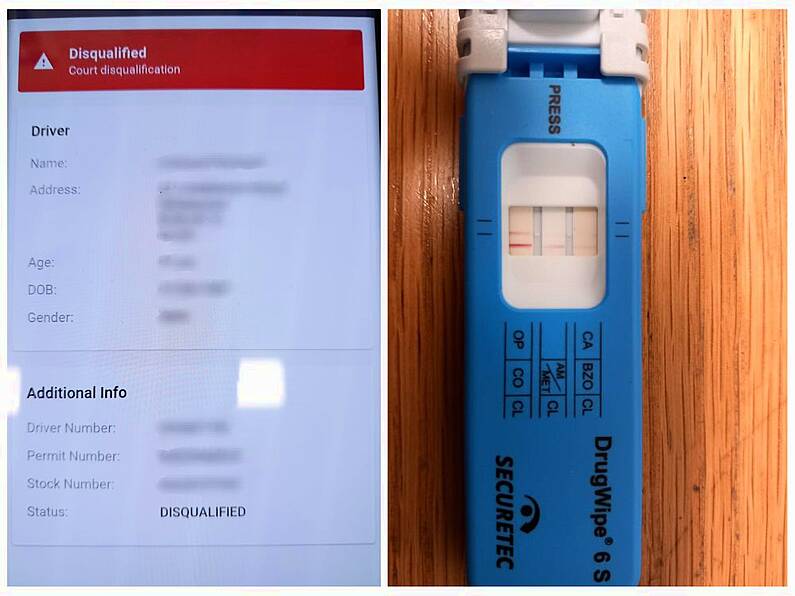You just know winter has arrived when the clocks is set to be reversed.
Decades ago, you would have had to change the clocks in the house the day after the time has changed but now your automated Android and iPhone will update this automatically.
There has been numerous debates at the European Parliament to remove the daylight saving time permanently after spring 2021.
This has not been approved and as such we will continue to have two time changes in Ireland in the year; one around March and one around the end of October.
Every year, the clocks change on the last weekend in March and October. They went forward an hour on March 26 and will go forward again in March next year.
When does the clock change?
The clocks will go back an hour at 2am on Sunday, October 29.
Why are seasonal time changes still happening after the vote to scrap them?
In 2019, the European Parliament voted to remove daylight energy saving time permanently.
This was supposed to stop after spring 2021 but this was stopped due to the Covid-19 pandemic.
Another argument about the need to stop the clock change is due to the UK leaving the EU.
It has been said that having two different time zones on the island of Ireland does not make all that much sense.
According to the Independent, a poll conducted by Amárach Research found two-thirds of Irish people supported getting rid of seasonal time changes.
82% of respondents were not in favour of having two different time zones in the Republic and Northern Ireland.
Why do the clocks go back?
The idea behind the change in time is due to the longer days experienced in summer.
Following summer solstice on June 21, the days gradually become shorter.
By turning the clocks back an hour during autumn, this provides people with more sunlight in the morning.
Turning the clocks forward in the spring brings lighter evenings.
How long has this been happening?
The Independent claim that the idea of British Summer Time (BST) was first proposed in the UK in 1907 by William Willett.
He felt that valuable daylight was being wasted in the mornings during the summer months because people were still in bed. And it somehow makes sense.
A year after Willett's date in May 1916, that Britain passed the Summer Time Act and started changing its clocks twice a year. Ireland followed suit.
What are the downsides of clocks going back?
You might enjoy the extra hour in bed but it has been reported that 20% of break-ins occur when daylight hours are at their lowest level.
Critics have also said that changing the clocks is economically and socially disruptive.
They have also argued that there are health benefits of doing away with the biannual time shift.






